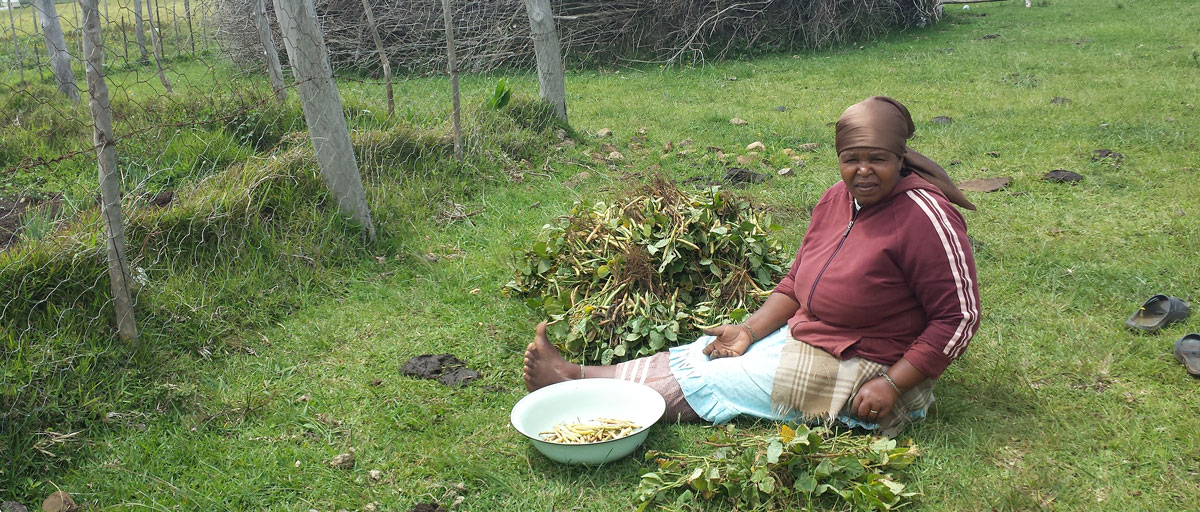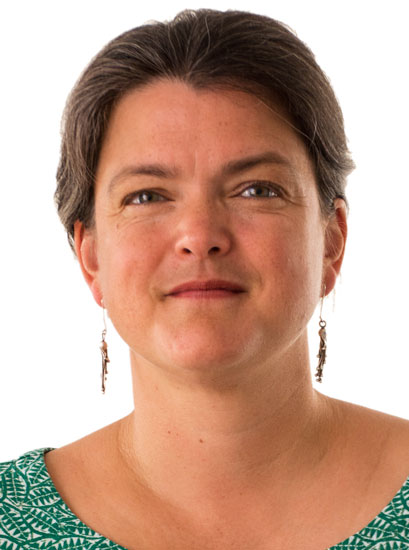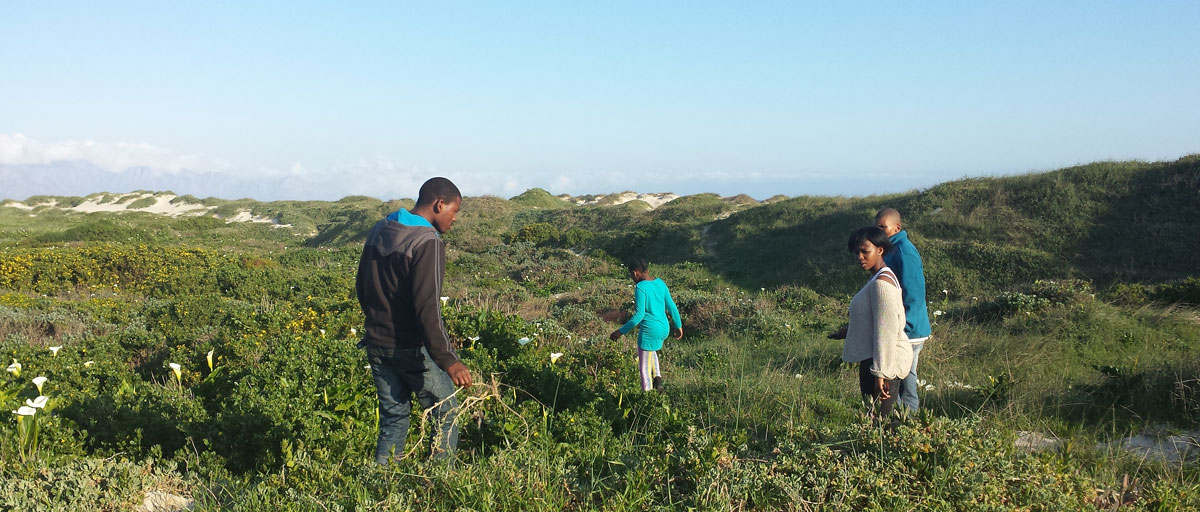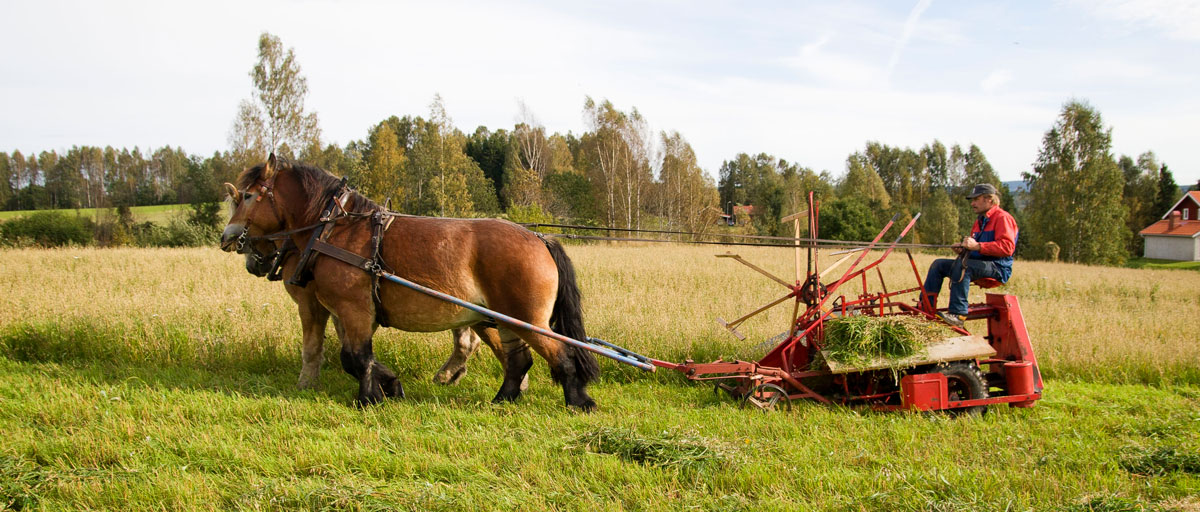
Africa is one of the most vulnerable regions globally to climate change. A special issue in the journal Land covers issues pertinent to nine countries in Africa, specifically long term changes in livelihoods, landscape change, small-holder farming, and natural resource governance. Photo: V. Masterson
Bildtext får vara max två rader text. Hela texten ska högerjusteras om den bara ska innehålla fotobyline! Photo: B. Christensen/Azote
RURAL LIVELIHOODS IN AFRICA
Complex changes, collaborative solutions
Combining knowledge from local communities and policymakers holds the key to better land management for rural communities under a rapidly changing climate. That is if talk is replaced by action
- A complex set of interacting factors such as poverty, land grabs and climate change are affecting African rural landscapes and the people who make a living from them
- The editors of a special issue in the journal, Land,, argue for an integrated approach to research, combining knowledge from local people and policymakers in order to strengthen the resilience of local communities and ecosystems
- However, the researchers note that attempts to incorporate local knowledge are often just talk without action
Africa’s rural areas are especially vulnerable to stressors such as poverty, food insecurity and land grabs. Add climate change, migration and increasingly unpredictable land use conditions and you have all the ingredients of a vicious cycle for the people and their livelihoods in the Global South.
How is it possible to create sustainable livelihoods within these regions and enhance well-being?
A recent editorial for a special issue published in the journal, Land, investigates this topic. Led by Sheona Shackleton of the African Climate and Development Initiative at the University of Cape Town, the special issue editorial is a collaborative effort by several international researchers, including centre researchers Vanessa Masterson and Maria Tengö, and Paul Hebinck (Wageningen University), Chinwe Ifejika Speranza (University of Bern), and Dian Spear (University of Cape Town).
They argue that it is essential to understand the mix of factors that alter livelihoods and landscapes within rural Africa. The continent is one of the most vulnerable regions globally to climate change, and the editors believe that a focus on this region is timely and critical. The articles in the special issue cover issues pertinent to the nine countries covered, specifically long term changes in livelihoods, landscape change, small-holder farming, and natural resource governance. A reprint book of the special Issue can be downloaded for free here.
There is a need for improved knowledge on the complex interactions between the multiple drivers of landscape and livelihood change and the impacts of, and responses, to these changes.
Sheona Shackleton, lead author
Harmonize local responses with external support
A main theme from the selected studies is how a complex set of interacting factors can influence landscapes and livelihoods. For instance, while climate change is a significant driver of change, it is not the only contributing factor. Political, socio-economic, and environmental change all take part in directing changes to livelihoods and the impact that rural communities have on landscapes.
Participants in many of the studies also expressed concerns for future generations and their access to land and food sources, and several studies showed the need to include younger generations who were more willing to adopt new innovative solutions.
Synthesizing from the studies, the editorial suggests that there needs to be a better balance in considering both external solutions and local practices, culture and institutions.
“There is a need to harmonize local responses with external support to build on what is appropriate and works locally,” they write.
While several studies showed that interventions such as climate smart agriculture or wildlife management did improve the income of farmers, together the editorial shows that technical and policy solutions alone will not be enough to provide solutions. There is a need to work directly with communities and create space for local expressions of changes and knowledge. One study (by Akrofi-Atitianti and colleagues) in this collection highlights cocoa production in Ghana where farmers teach and learn from each otherin sustainable farming practices such as climate smart agriculture.
A path for integrated research
The editors point to future research needs, particularly the need to work not only with policymakers, but also with local institutions and people to see how they perceive and actively influence their environments. This requires a deeper understanding of how people relate to the places they live, and how this translates into land management.
However, the researchers note that attempts to incorporate local knowledge are often just talk without action.
“There is a tendency to pay lip service to the idea that we need to learn from farmers/local people,” the authors add.
Rather, integrating knowledge from local people into policy decisions is crucial for creating or supporting resilient communities based on social and environmental justice.
The authors provide examples of how future research can attempt to study these challenges: there is a clear need to track changes over longer periods of time and to include issues of intersectionality. This also relates to testing how certain types of social protection could buffer the impacts of changing landscapes and therefore livelihoods.
Overall, an integrated form of research offers a way to overcome these challenges, the researchers conclude.
“Integrated research to understand the dynamics of landscape and livelihood change for greater sustainability and resilience, and which aims to have impact and effect transformation at a local level, requires more conscious engagement with transdisciplinary approaches.”
Shackleton, S., Masterson, V., Hebinck, P., Speranza, C. I., Spear, D., & Tengö, M. (2019). Editorial for Special Issue: “Livelihood and Landscape Change in Africa: Future Trajectories for Improved Well-Being under a Changing Climate.” Land, 8(8), 114. https://doi.org/10.3390/land8080114









